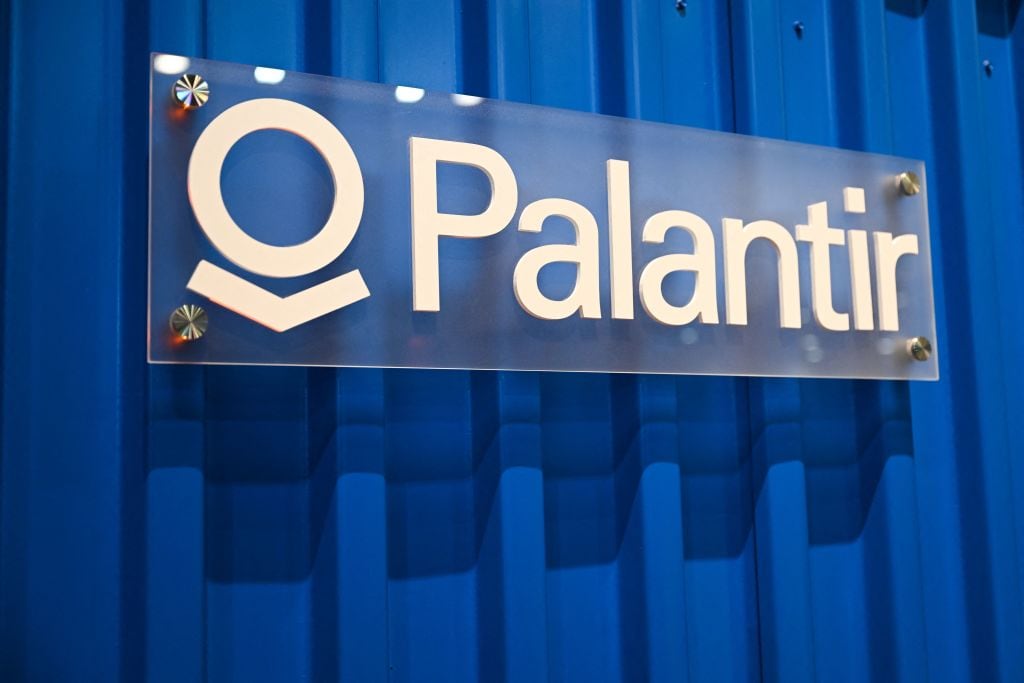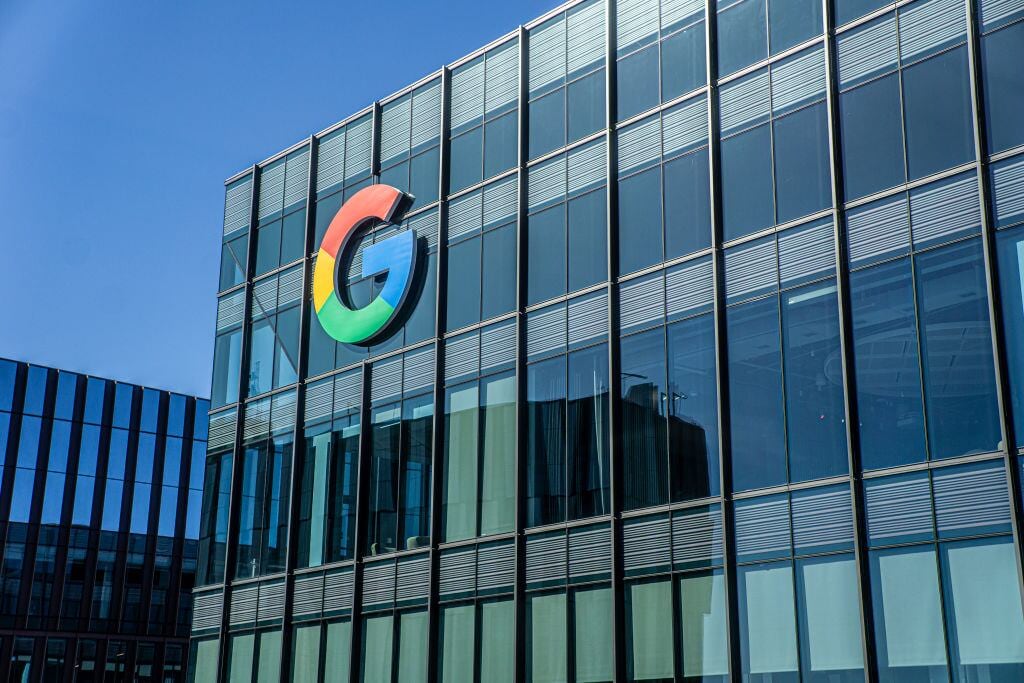*By Tanaya Macheel and Jacqueline Corba* In a converted warehouse in Brooklyn's Bushwick neighborhood, dozens of ambitious developers are working to build blockchain applications that will change how the world buys, sells, and trades most anything. "The kinds of things that we're building here are going to be the foundational elements or the building blocks of economic, social, and political systems over the next few decades," said Joseph Lubin, the co-founder of Ethereum who launched the Brooklyn startup incubator known as Consensys in 2014. Consensys has brought together app developers to build new tools and businesses on Ethereum, the blockchain-based distributed computing platform with a native cryptocurrency that is second only to Bitcoin in market value. But unlike Bitcoin's blockchain, which allows coin holders to store and exchange digital currency, Ethereum enables developers to build applications for tasks like bookkeeping, accounting, and even real estate transactions. “It's not a little startup," said Lubin, whose personal net worth is estimated by Forbes to be as high as $5 billion. “It's here to stay and there will be lots and lots of other decentralized protocols — maybe some that do what Ethereum does, in different ways." The technologists and entrepreneurs working at the Consensys warehouse collaborate on ways to expand Ethereum's infrastructure ー a practice they call "mesh" ー as they compete to finish their own apps. "It means your colleagues are stretching you, your colleagues relying on you," said Igor Lilic, CEO of Cellarius, one of the early Consensys companies. "As a result of that chaos again, breeds a lot of innovation." Consensys has about 1,000 employees across 14 offices in six cities, including San Francisco, Toronto, London, Bucharest and Dubai. Analysts estimate the company spends more than $100 million a year, and though the its mission is to create decentralized applications, nearly all of Ethereum's apps run on a proprietary service called Infura. Tech incubators have been successful in creating new apps that disrupt existing businesses. With Consensys, Lubin hopes to make those transformative apps part of the Ethereum network’s foundation. "The ability to embed your project in this mesh essentially gives you the ability to super charge it," he said. As blockchain and the use of cryptocurrency grows, more companies are likely to start incubators like Consensys. The financial technology firm Ripple launched an effort this year to create a digital [ecosystem for its cryptocurrency, XRP] (https://cheddar.com/videos/ripple-is-tapping-into-start-ups-that-use-xrp). Lubin said that other tech incubators must maintain their focus and avoid adopting the habits of old finance and mainstream corporate skunkworks that become innovation theater without useful products. "What we're most focused on and most excited about is building the decentralized World Wide Web," said Lubin. "I think being part of a big incubator will facilitate this collaborative ethos."












